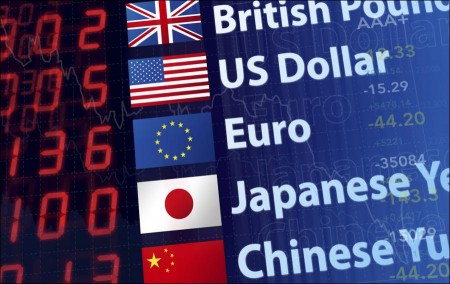Forex refers to the biggest, freest marketplace in the world: the global trading of different nation’s currencies or money. Dollars, euros, pounds and yen are all examples of currencies. If you live in a country that counts money in dollars, then euros are foreign currency to you. If you want to pay dollars to someone who uses euros, the two you will have to engage in foreign exchange, or forex.
It’s elementary supply and demand. If I have lots of dollars and few euros, your dollar is worth only a small number of euros to me; perhaps only a fraction of a euro. On the other hand, if I have a shortage of dollars (and need them to pay someone else), then I will give you more euros for your dollar. If we can negotiate a mutually agreeable exchange rate – X dollars for Y euros – then we can do business.
Our dollars and euros are said to be “liquid” if each currency can be exchanged for another readily. Liquidity is vital to international trade, obviously. Fortunately, the forex market is extremely liquid. There is always someone willing to buy your dollars with whatever foreign currency you need, and enough players in the market that you can almost always find an acceptable exchange rate.
The more information you have about exchange rates, the better the deal you can negotiate and the better your profit on foreign exchange. The rub for small traders is that they don’t get much market information. The forex market is a clique-ish one. The more currency you trade, the more information other large traders will share with you. If you trade a small amount of currency, you do so in nearly total ignorance of what a “fair” exchange rate should be. Small players in forex make money accidentally; most of the time, they lose.
Views: 341





